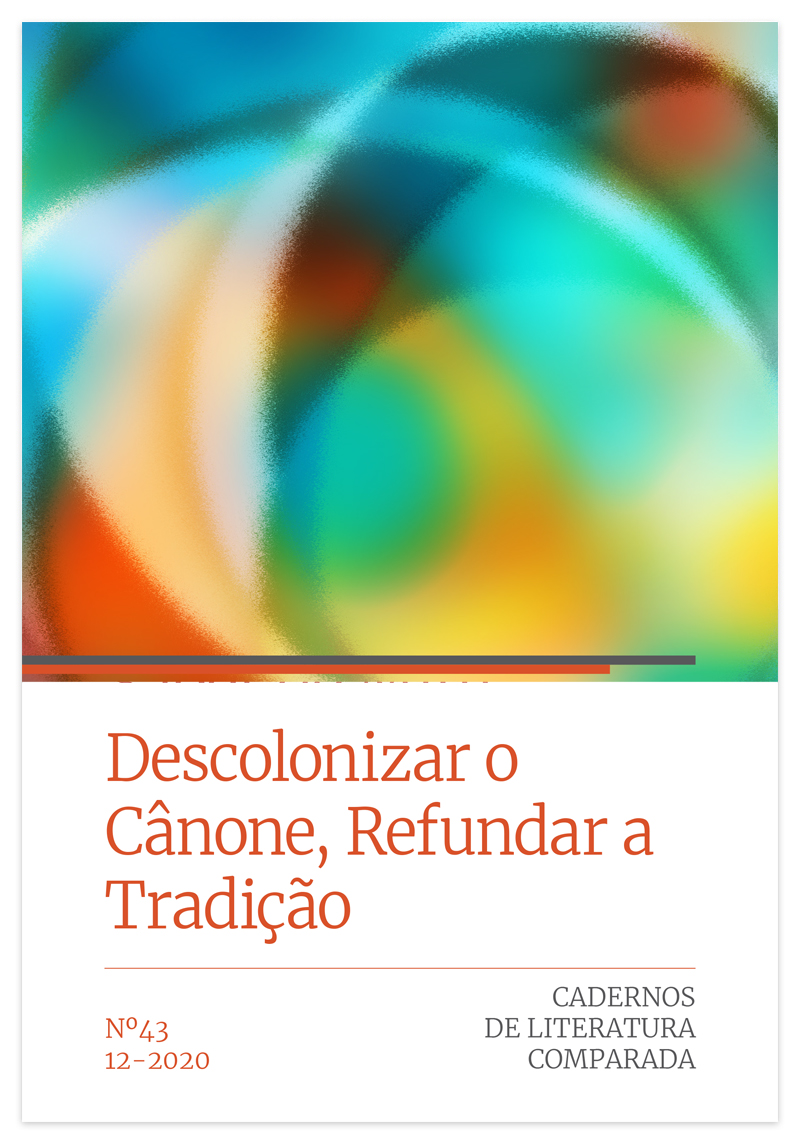Luís Alberto de Abreu and the play "One day I saw the moon": the Aristotelian poetic as a canon
DOI:
https://doi.org/10.21747/21832242/litcomp43a11Keywords:
Luís Alberto de Abreu, Aristotle, Canon, Poetics, One day I saw the moonAbstract
This article discusses how the use of Brazilian colloquial language and the epic theatrical elements in the play One day I saw the moon (Um dia ouvi a Lua), written by Luís Alberto de Abreu, compose the work’s mechanisms of this Brazilian playwright. These mechanisms allow the author to build his own dramatic poetic works based on storytelling. Abreu dialogues with the Aristotle’s Poetics, or the Aristotelian canon. The playwright attempts to know how the epic genre works according to Aristotle and he brings this idea to the Brazilian reality. Abreu makes a contemporary form of theatrical art. This art does not deny the canon and it does not accept the canon like an untouchable form.


